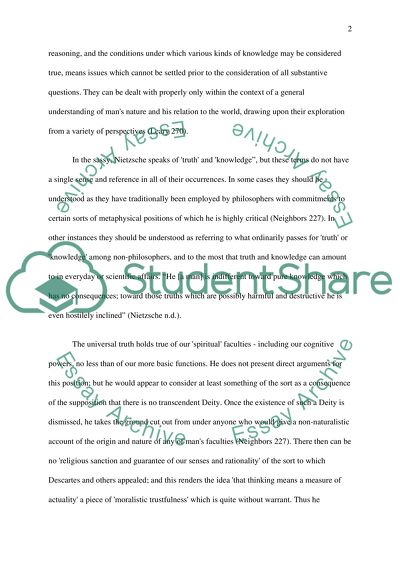Cite this document
(“Universal truths and God Essay Example | Topics and Well Written Essays - 1250 words”, n.d.)
Retrieved from https://studentshare.org/philosophy/1504463-universal-truths-and-god
Retrieved from https://studentshare.org/philosophy/1504463-universal-truths-and-god
(Universal Truths and God Essay Example | Topics and Well Written Essays - 1250 Words)
https://studentshare.org/philosophy/1504463-universal-truths-and-god.
https://studentshare.org/philosophy/1504463-universal-truths-and-god.
“Universal Truths and God Essay Example | Topics and Well Written Essays - 1250 Words”, n.d. https://studentshare.org/philosophy/1504463-universal-truths-and-god.


